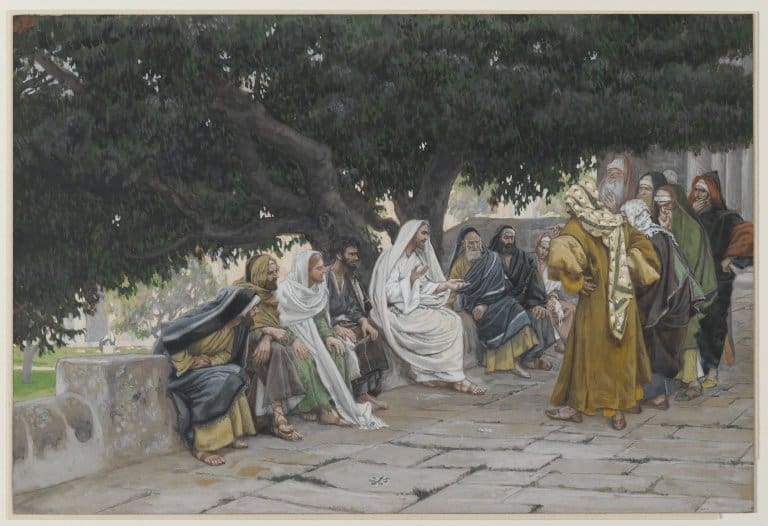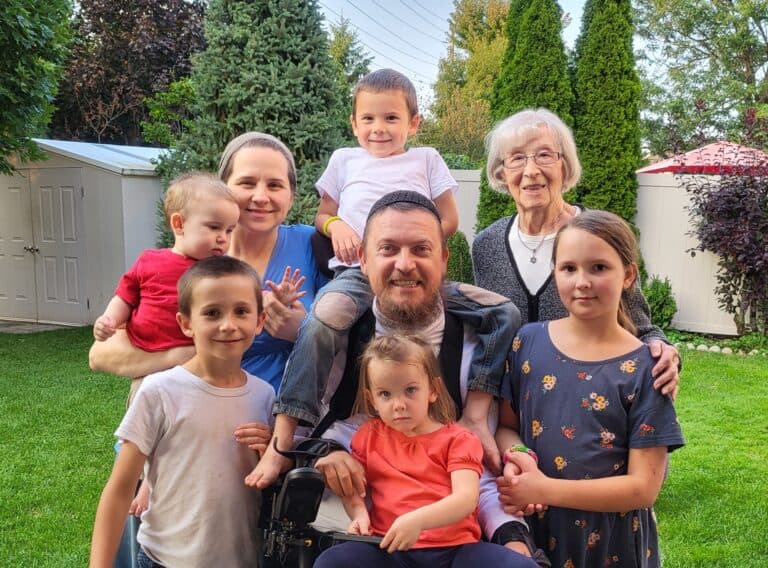
The gospels record incidents when the authorities of the day tested Yeshua with hard questions taken from scripture. His answers demonstrated his intimate knowledge and understanding of the Word of God that enabled him to pass each test – sometimes to the embarrassment of the questioners. That’s what happened when the Sadducees asked a convoluted question about the resurrection. Yeshua responded not only with scripture about the resurrection, but also with a statement that his questioners probably considered offensive. The King James translation renders his words like this:
Jesus answered and said unto them, “Ye do err, not knowing the scriptures, nor the power of God.”
Yeshua’s intent probably wasn’t to embarrass, but to challenge and exhort his questioners to go back and search the scriptures some more to discern what they might have missed. That’s the same challenge issued by many others, including Moses (Deuteronomy 6:4-9), David (Psalm 119:9-16), and Paul (2 Timothy 3:14-17). It’s a challenge they continue to give to us as we walk out the same promises they did.
Let’s take up that challenge of our spiritual ancestors together. The B’ney Yosef North America Bible Reading Plan is a tool created for that purpose. Starting with the Torah and Haftarah one-year cycle, this plan for the Hebrew year 5783 (2022-2023) incorporates readings from the rest of the Tanakh (Old Testament) and Apostolic Writings (New Testament) into a daily plan that covers the entire Bible over the course of the year. The start date is the same as the Torah cycle: the day after Simchat Torah (Celebration of the Torah) at the end of Sukkot, which this year falls on October 18.
If you are in search of an organized approach to the Word of God, maybe this can help. Whatever you do, please do get into the Word so that it can get into you!








